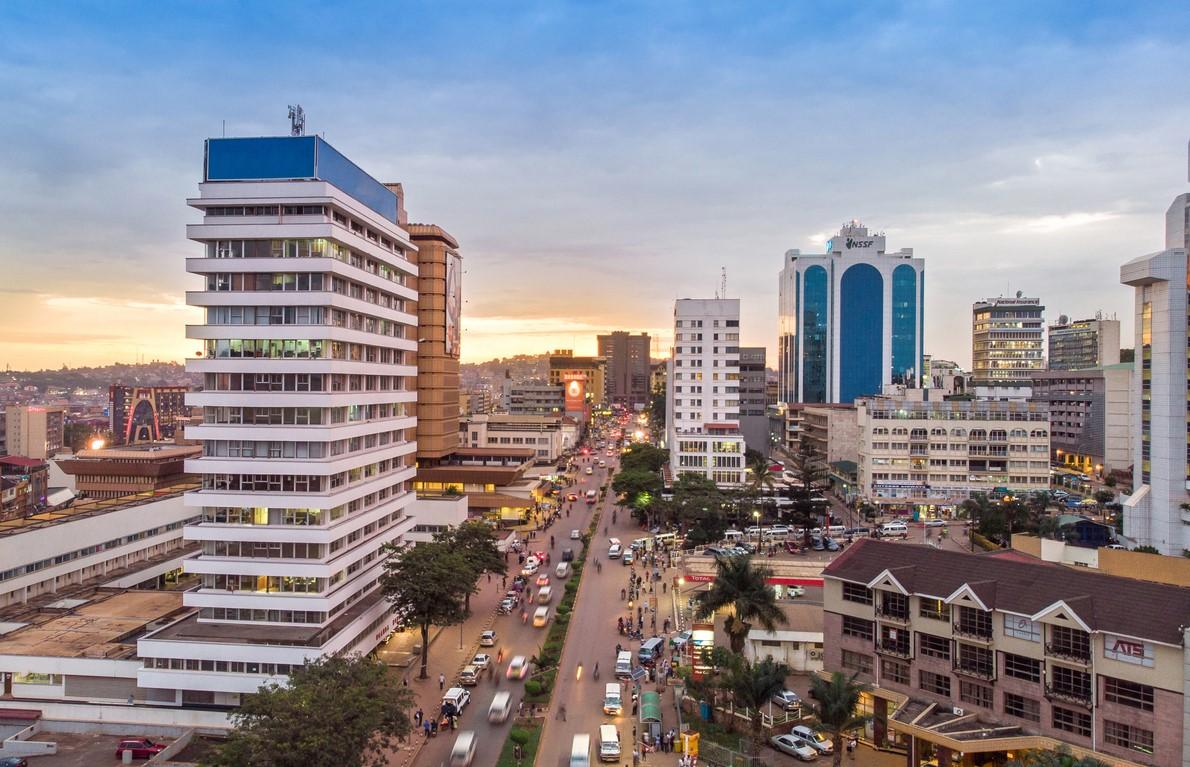Uganda over the past few days reported a surge in new Sudan Ebola cases, with lab-confirmed cases rising to 90, including 9 more in Kampala, the country's capital and most populated city.
The cases are the first from Kampala, home to 1.7 million people. The initial case-patient was a man who had traveled there from an earlier-affected district and died at the hospital where he sought care.
Kampala patients are contacts of earlier case
On Twitter yesterday, Uganda's health minister, Jane Ruth Aceng Ocero, MBChB, MPH, said the nine new cases from Kampala are all contacts of the man who died. They include seven family members in Masanafu, a neighborhood in Kampala. The other cases are a health worker who cared for the man at a private clinic, as well as the health worker's wife.
Today on Twitter, the health ministry reported 15 new cases, none of them fatal, bringing the number of lab-confirmed cases to 90. So far, 28 people have died from their infections. Earlier in the outbreak, officials reported 20 suspected cases, all involving people who died before samples were tested.
Outbreak responders have identified 1,830 contacts for follow-up monitoring, and 28 people are currently receiving treatment.
The outbreak began in September and involves the less common Sudan Ebola strain, for which there are no approved treatments or vaccines. Health officials aired worries early in the outbreak, noting that the virus may have been circulating for as long as 3 weeks before the first suspected cases were reported. Also, outbreak's epicenter in Mubende is near a busy highway with a highly mobile population.
Merck to donate shelved candidate vaccine
In another development, following queries from Science, Merck said it has found as many as 100,000 doses of an experimental vaccine against Sudan Ebola in its freezers and will donate it to Uganda's outbreak response.
In its report yesterday, Science said the World Health Organization (WHO) and Uganda are discussing if the doses can be incorporated into clinical trials of two other vaccine candidates. Since the early weeks of the outbreak, officials have been discussing plans for conducting clinical trials of two other vaccines that have been in clinical trials, one from Oxford/Astra Zeneca and the other from the Sabin Vaccine Institute.
Science said Merck made the Sudan Ebola vaccine between 2015 and 2016, shortly after it successfully developed VSV-EBOV, which targets Zaire Ebola. Merck froze the other vaccine, which showed promise in animal trials, in bulk form and kept it in a Pennsylvania facility.















